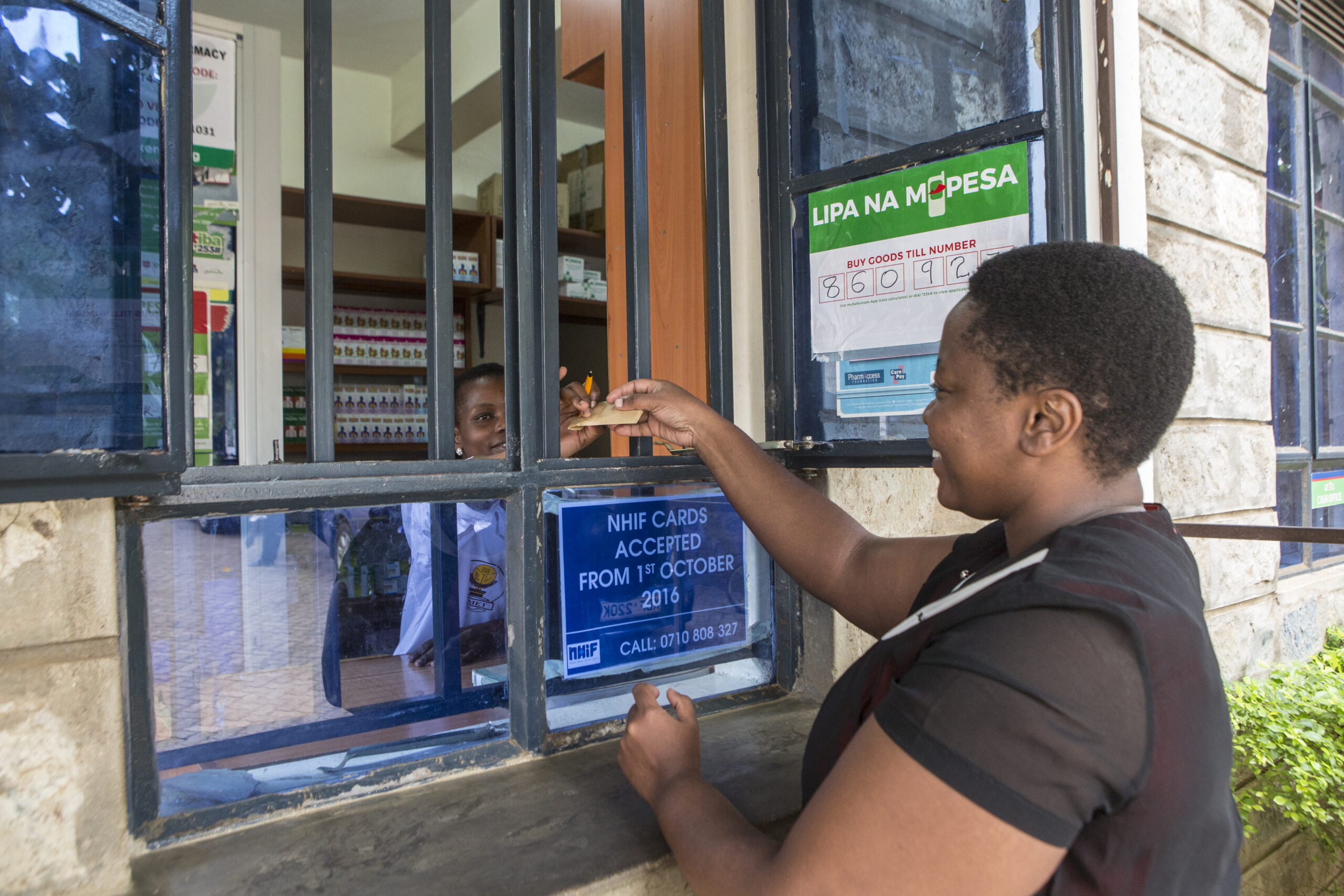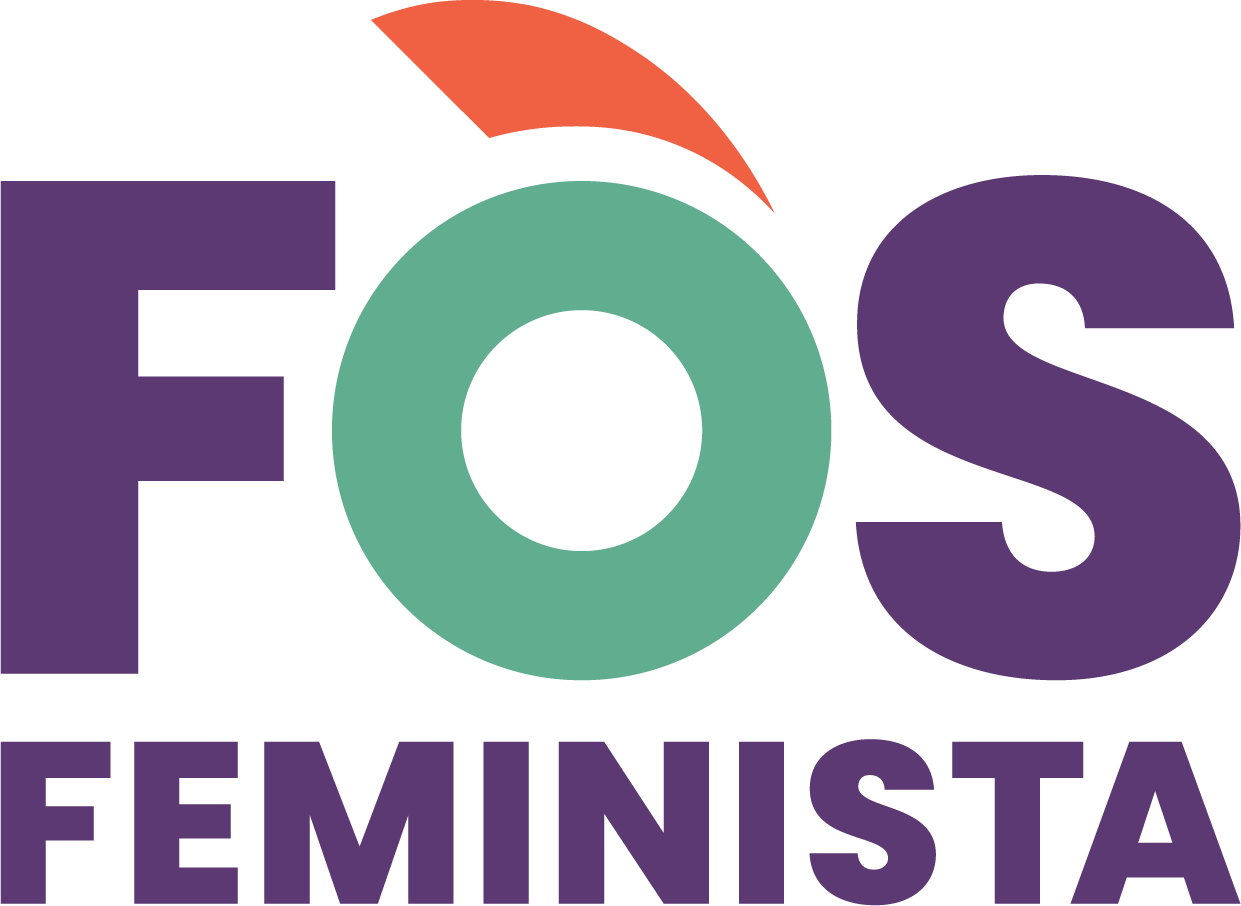
KMET implements a community-based model to ensure that women and girls can access SRH services, including safe abortion, during the pandemic.
KMET, an organization located in Western Kenya working in 23 of the 47 counties, has provided sexual and reproductive health services through its network of clinics to local communities since 1995. When the pandemic hit last year, Executive Director Monica Oguttu made the decision to adjust KMET’s outreach model to successfully meet the needs of women and girls during the crisis.
With cases of COVID-19 rising, local populations were staying closer to home, and hesitant to come into clinics to access care. At the same time, due to prolonged school closures, cases of gender-based violence and unwanted pregnancies were rising at an alarming rate, while women and girls affected had limited access to information and services. Based on their experience, KMET knew these challenges would be compounded by an increase in unsafe abortions as well.
The organization’s community-based model included a number of interventions. KMET staff trained 72 local pharmacists from three counties on self-managed abortion and provided them with combination packs of misoprostol and mifepristone to extend to pregnant people seeking abortion. They worked with small vendor shops – on which many communities in Kenya rely for access to over-the-counter healthcare – as key access points for women and girls seeking abortion and other SRHR-related information and services.
“We have taken SRH services to the women and integrated abortion services into other services. Women can access abortion care from the same vendors where they get other medication,” explains Oguttu. “It is not separate, because abortion is a part of SRHR.”
KMET’s outreach efforts with local pharmacies complemented the services it provides in its youth-friendly clinics across Kenya. The organization has a strong referral network, enabling them to meet the diverse SRHR needs of the communities in which they work. They made the decision to keep their clinics open during the COVID-19 pandemic, with teams of counsellors offering face-to-face support, in the light of public healthcare facilities being less accessible.
As a result of these adaptations, KMET is meeting some of the SRHR needs of women and girls and responding to their desire to practice self-care and their demand for bodily autonomy. Importantly, this community-based model is also more affordable for women and girls seeking abortion. The cost of a self-managed medical abortion is less than half of what it would be in a clinic. Over the past 15 months, KMET has reached 5,908 adolescents with safe abortion services. The program has not only increased access to safe abortion, but has helped destigmatize it as well.






